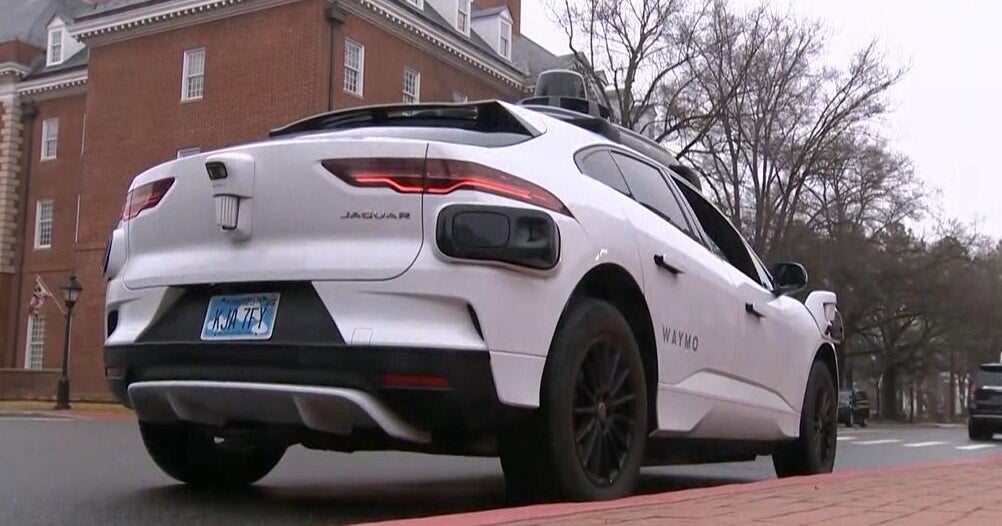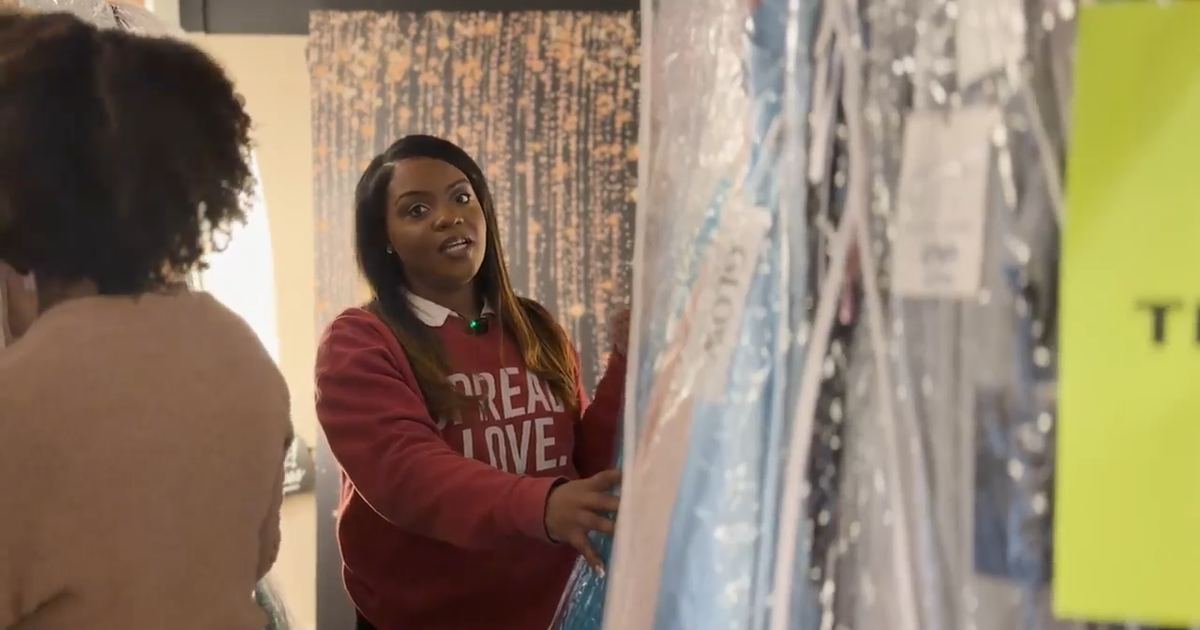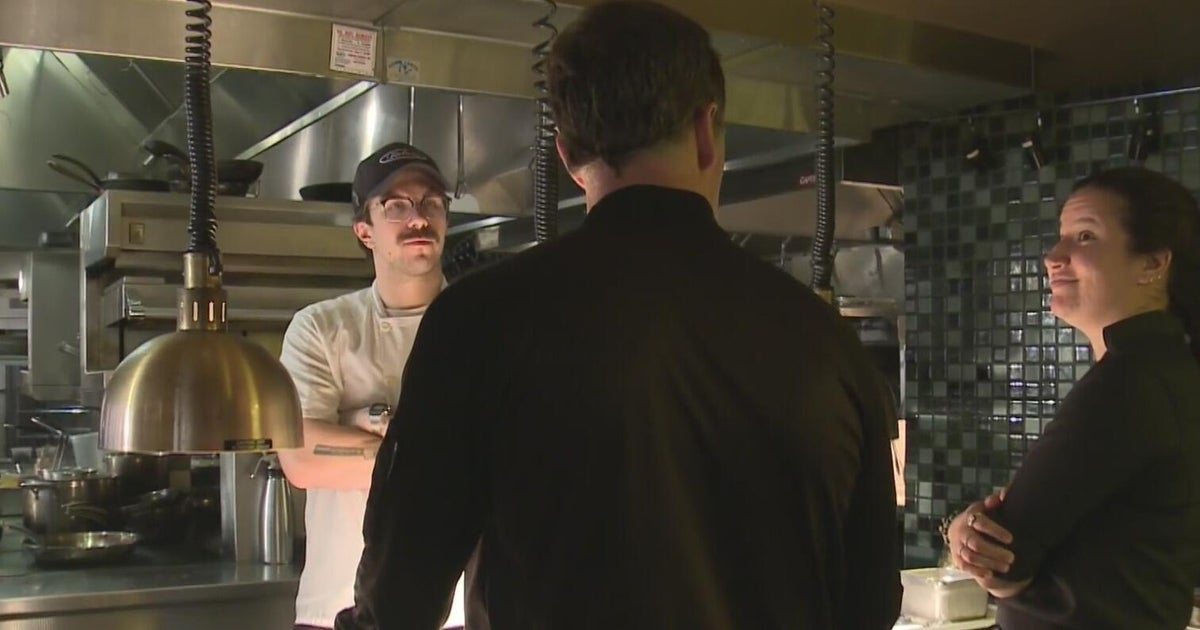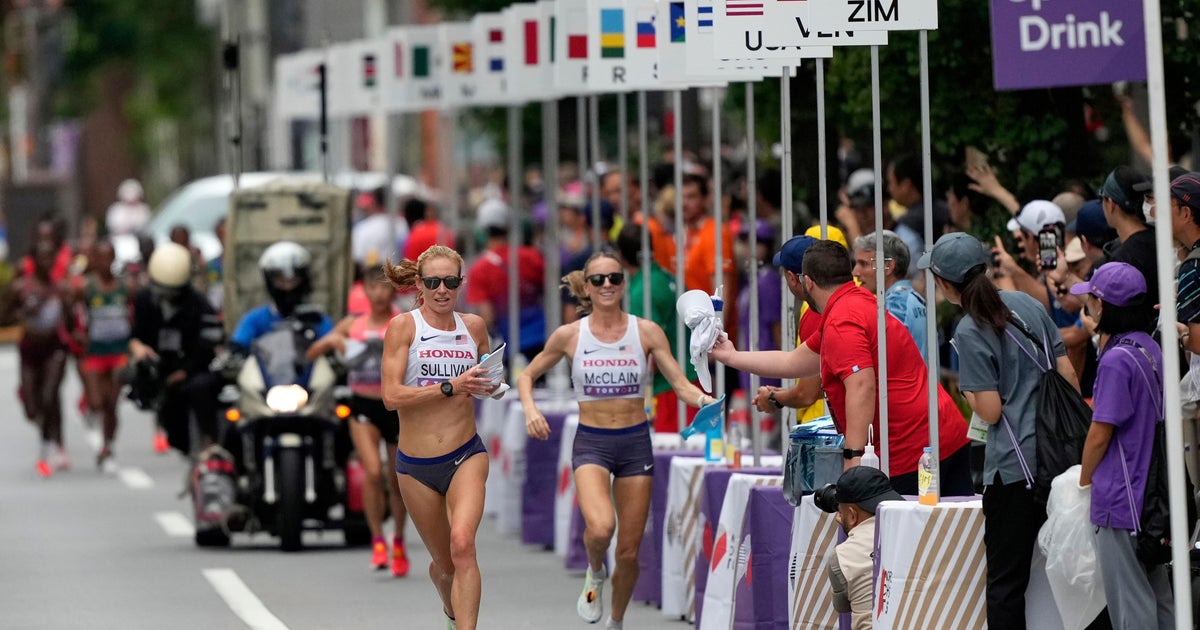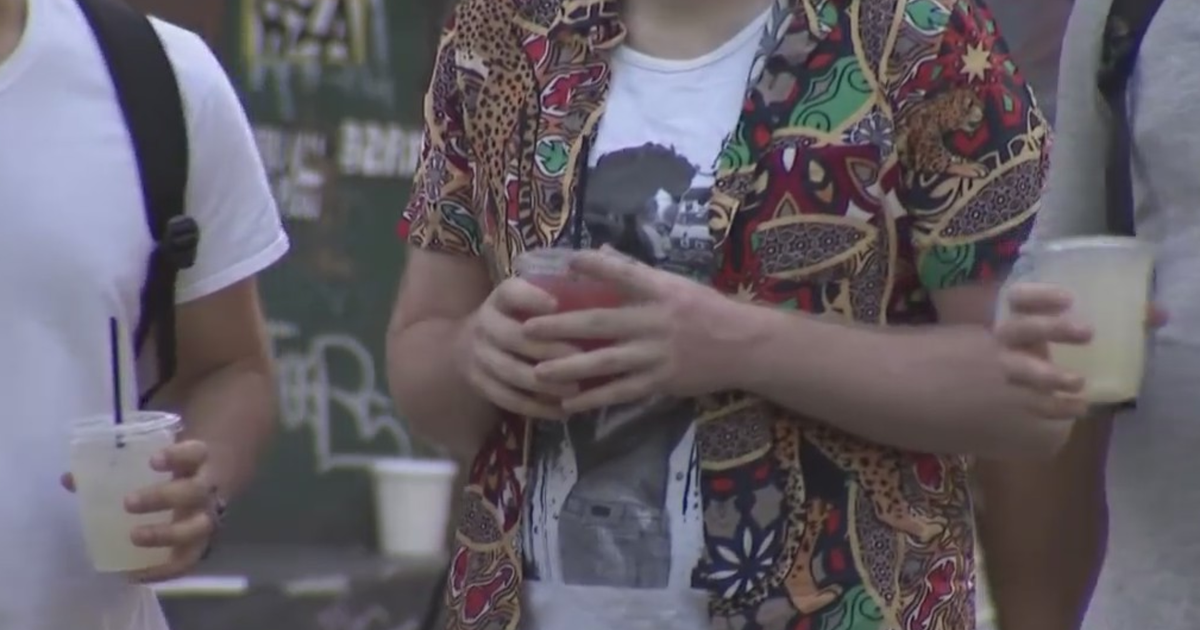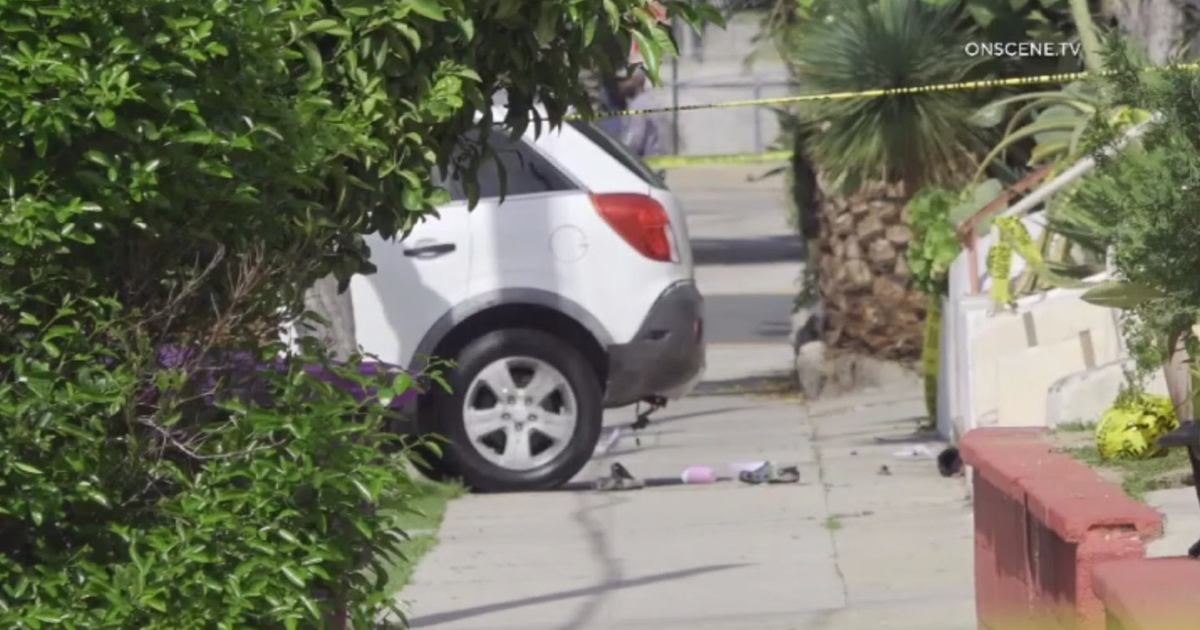Human Composting: Maryland bill could offer new burial alternative that transforms body into soil
BALTIMORE - When's the last time you've taken a moment to think about how you'd like to say your final goodbye?
Death is not necessarily top of mind, but it's important to consider end-of-life planning.
There's a new burial alternative that's buzzing around the country that may soon come to Maryland.
There's a way to give yourself back to the earth and ensure your legacy lives on.
Some call it natural organic reduction, or terramation. But, it's called human composting.
"Human composting, we call it terramation, is the gentile transformation of a human body into soil," said Micah Truman, CEO and Founder of "Return Home."
"Return Home," from just outside of Seattle, specializes in the process, hyper-speeding the body's natural ability to decompose.
"We use a vessel, which is eight feet long, three and a half feet wide, three and a half feet tall," Truman said. "We place the body on a bed of organics, which are alfalfa, straw and sawdust, like really natural, beautiful things. We use the organics to wrap completely around the body and with enough air to power about a fifth of the hairdryer, the body rises to almost 165 degrees in temperature. The microbes in the body become incredibly active, and in the first month, the body is completely transformed into soil."
It then cools and stabilizes the whole operation which takes about 60 to 90 days.
Coined to reduce death's carbon footprint, it's a greener option than traditional burials or cremation, using less chemicals and fossil fuels.
"Of course, we're environmental, it's a much better environmental solution on the order of 90% less than cremation," Truman said. "But the really amazing part, and this is the part we didn't understand. if a mother loses her kids, she can be with her child, she can hold his hand, she can fill his vessel with flowers and love letters, she can stick pictures on the outside, she can visit his vessel every single day."
Some then decide to plant trees or flowers, others donate to designated green spaces.
Human composting is already legalized in six states
- California
- Colorado
- New York
- Oregon
- Vermont
- Washington
Several lawmakers are pushing to bring it here to Maryland, but the Catholic conference is fighting against it.
"At the core of our opposition is the dignity of the human person and we don't believe that this bill or the act of human composting respects the dignity that is due to a person even in death," said Jenny Kraska, Executive Director of the Maryland Catholic Conference
Maryland delegate Anne Kaiser sponsored Bill 1060, arguing freedom of choice.
It passed through the house in March.
"It doesn't violate anyone's religion, because again, no one would have to do it," Kaiser said.
The bill failed to advance in the Senate, citing public health concerns.
"Most of us think of composting in terms of food waste or vegetables but to think that would be done to a person, it's a step too far," Kraska said.
"It won't be that you're going to be buying compost at Home Depot or some other company and suddenly discovering that it's human remains," Kaiser said. "And so having people understand, that having people understand the science behind it."
On both sides, it's all about education. Death is inevitable.
So here's to getting over the "ick" factor and knowing your options.
"It's really important that we as a culture begin to look at what our last act on this planet means," Truman said. "What is it we want, and at return home, what we hope for is that our my, your our family's last act on this planet is one that can give back to it."

